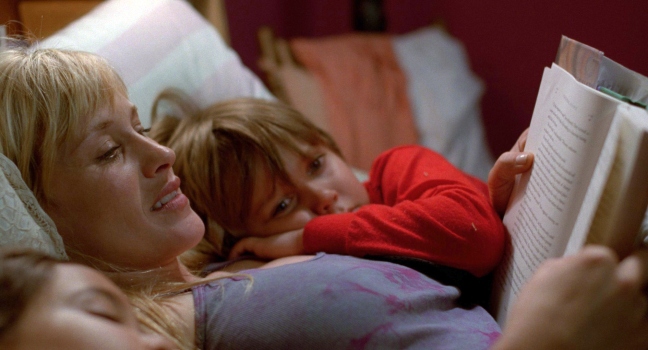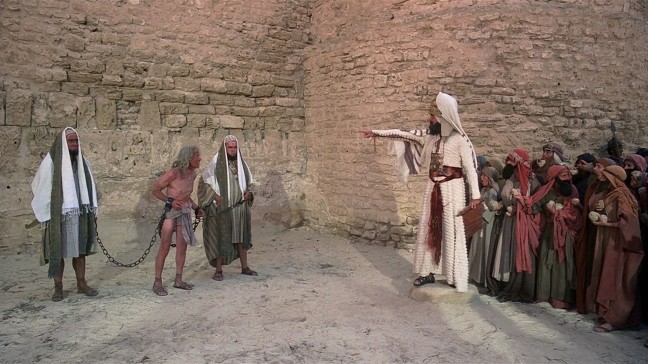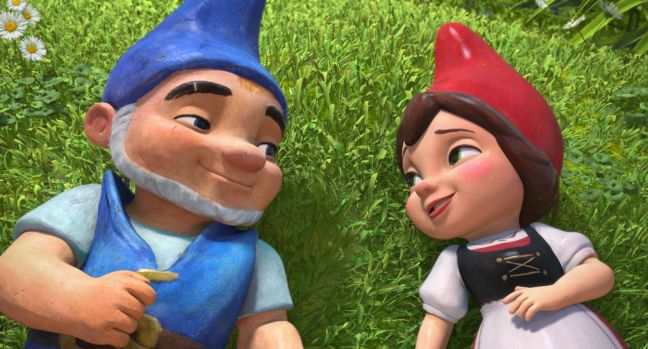Sartaj Singh makes his Movie Masticator debut and reflects on 2014…
Despite the recently published figures that showed 2014 was one of the lowest attended years for cinema, the year did not disappoint in terms of showcasing the best acting talent.
The following four performers all share the common characteristics of playing characters who push boundaries in order to achieve simple, but impossible goals even in the face of overwhelming and deterministic forces such as time and mortality.
Scarlett Johansson – Under the Skin
Scarlett Johansson’s performance in Under the Skin is an excellent recent paradigm of an actor and director collaboration. Johnathan Glazer uses Johansson as a sketch to make potent commentary on image and objectification while additionally changing our perception of the actress. Johansson adds to this vision by creating a fascinating portrait of a foreign being who learns what it is like to be human, with all the pitfalls that come with that. Her performance accentuates a film that is dazzling in showcasing the unexpected, unconventional and power of independent cinema.
Ralph Fiennes – The Grand Budapest Hotel
Monsieur Gustave H is perhaps the most delicate character on the list because he could have easily become a one-note exercise in comic indulgence. However, Ralph Fiennes finds the humanity and innate melancholia within a hilarious man.
Patricia Arquette – Boyhood
An exceptional reminder of just how powerful cinema can be in showing the mundane and seemingly everyday trials and tribulations of life. While the film on the surface is about a boy growing up between the ages of 7-18, the subtext that makes the central narrative fascinating is seeing the parents develop too, and the effect of their parenting on how Mason will turn out. Arquette’s finest scene is her last as she painfully bids farewell to her University-bound son.








